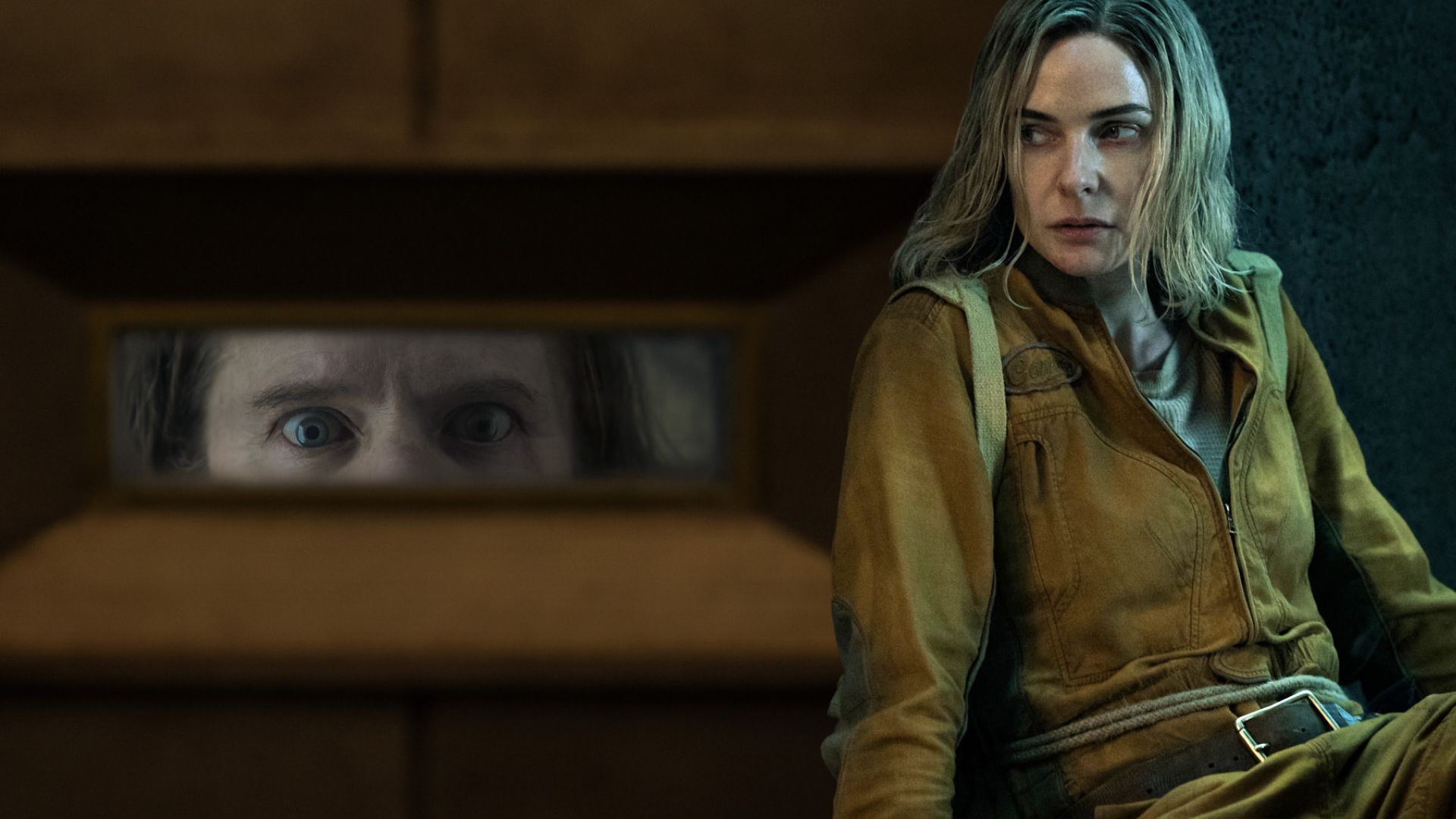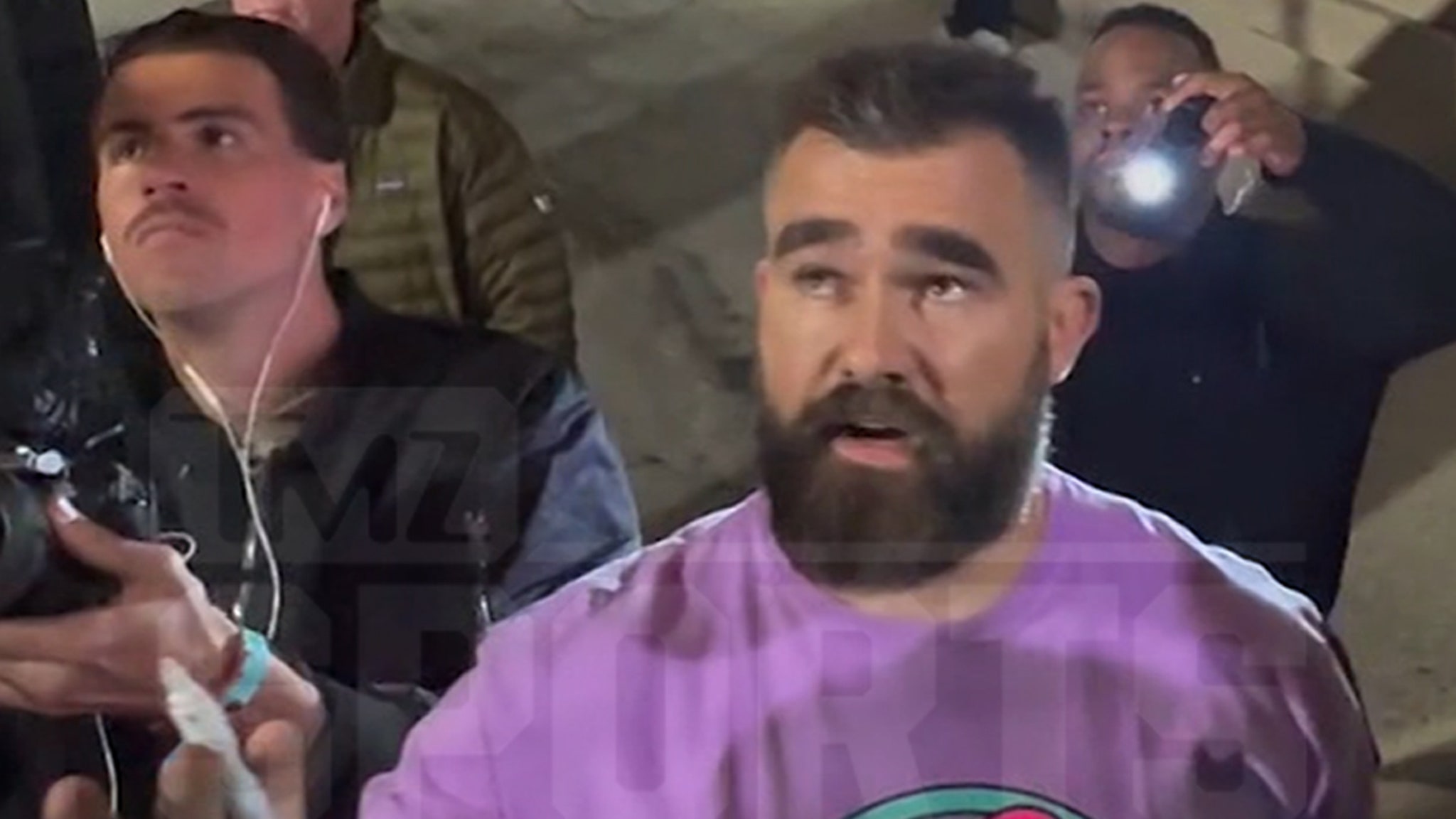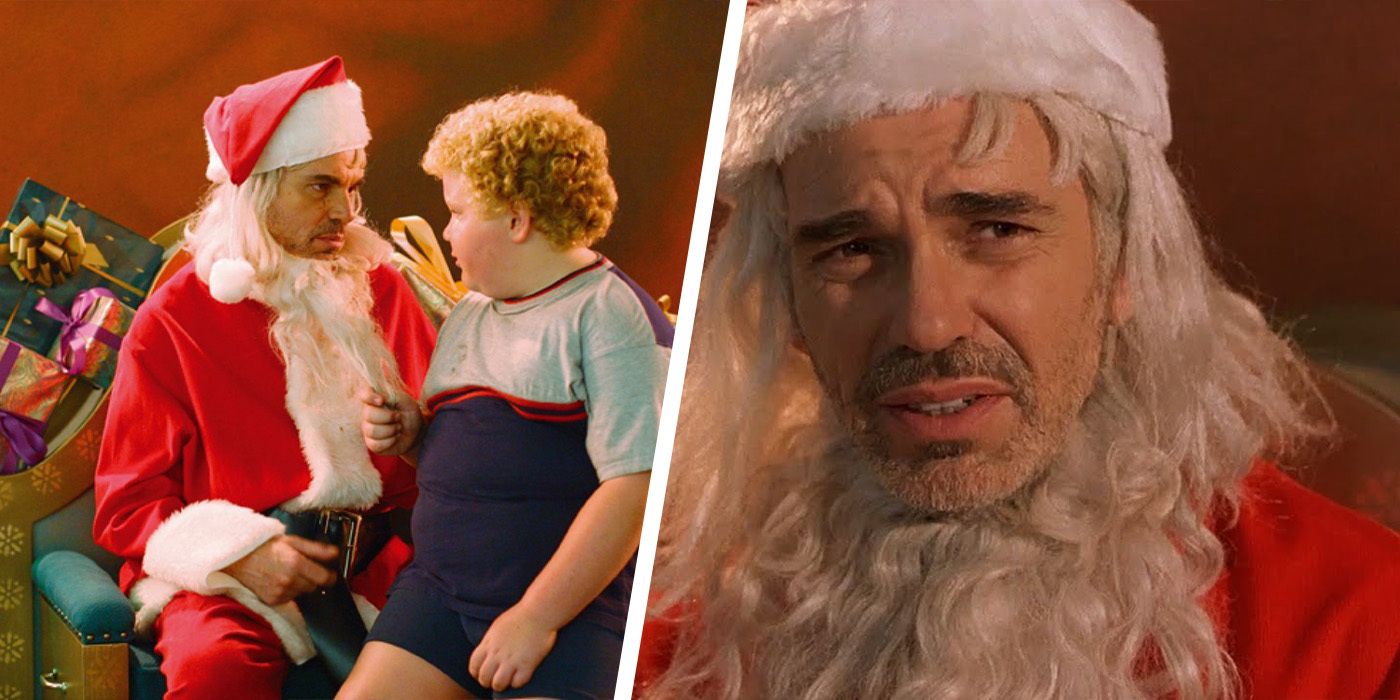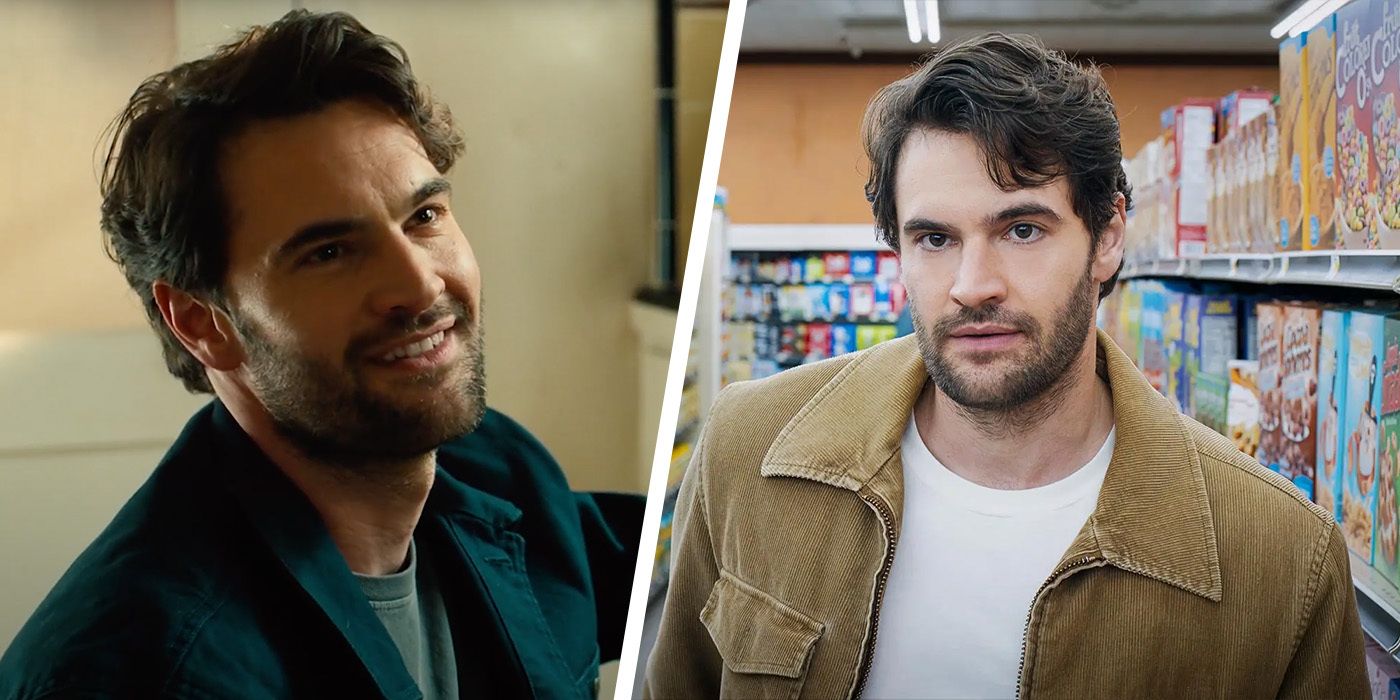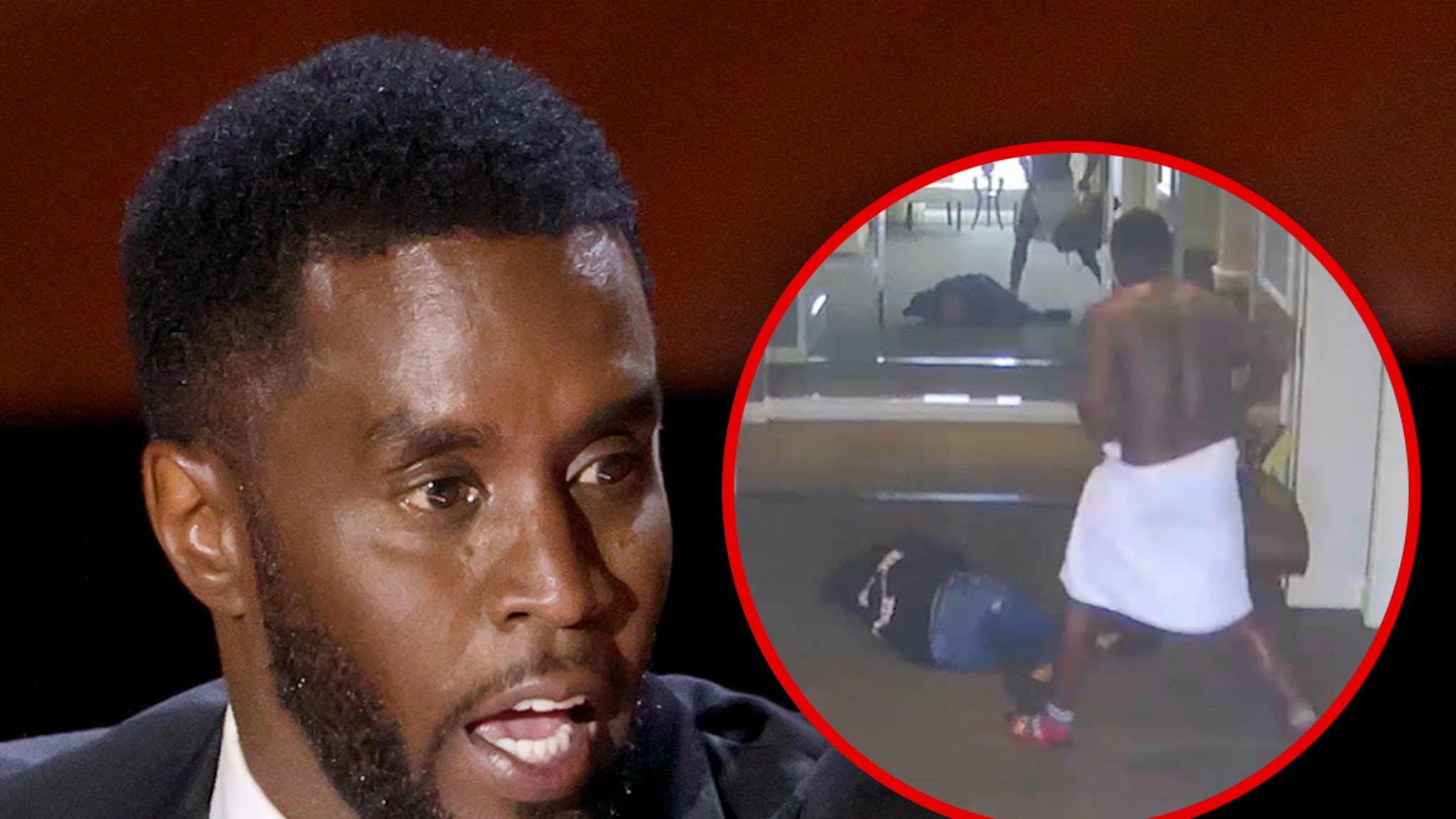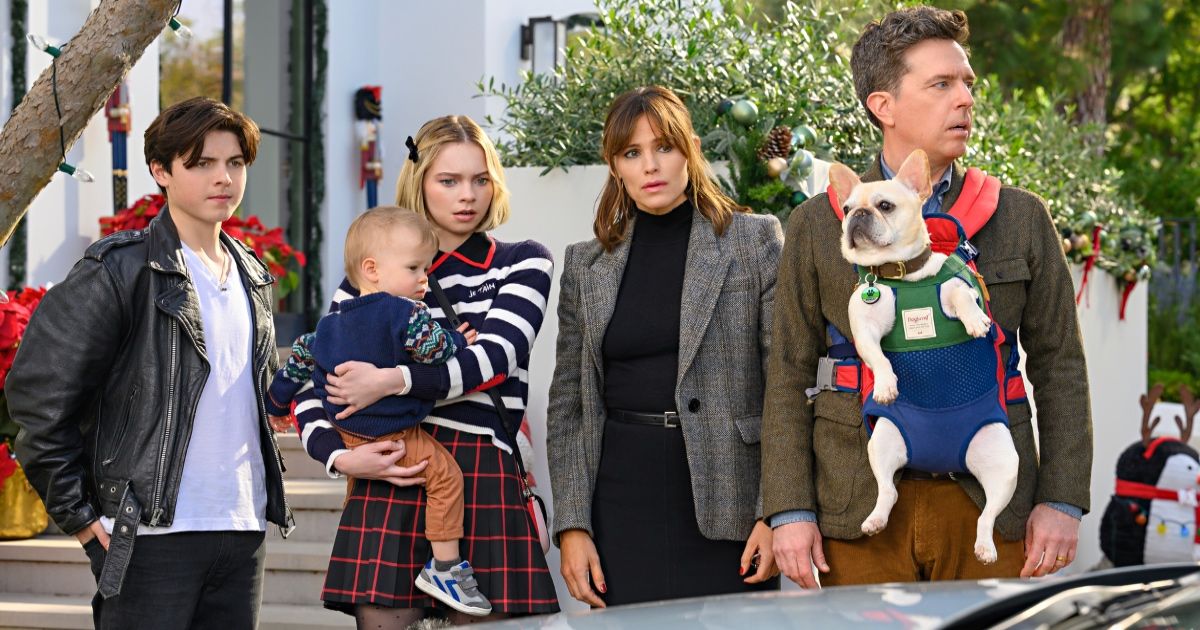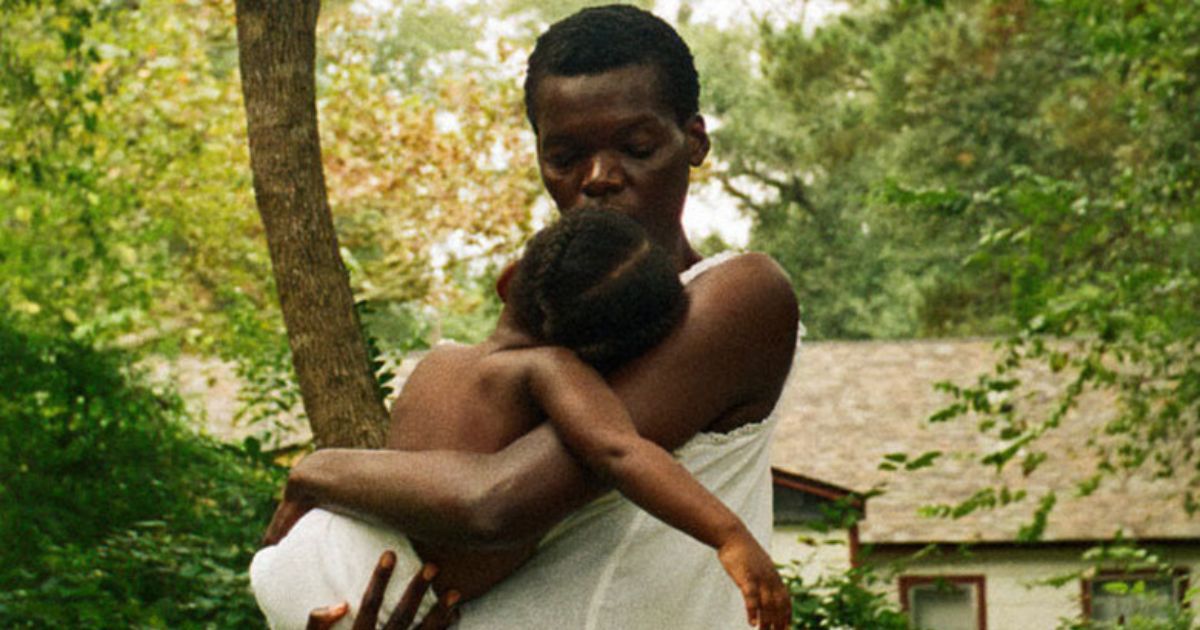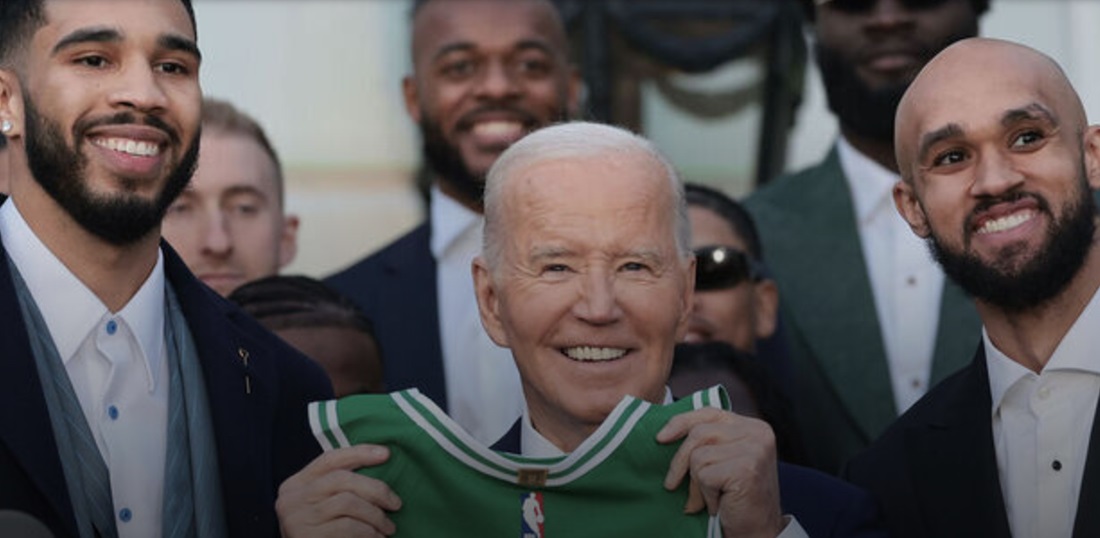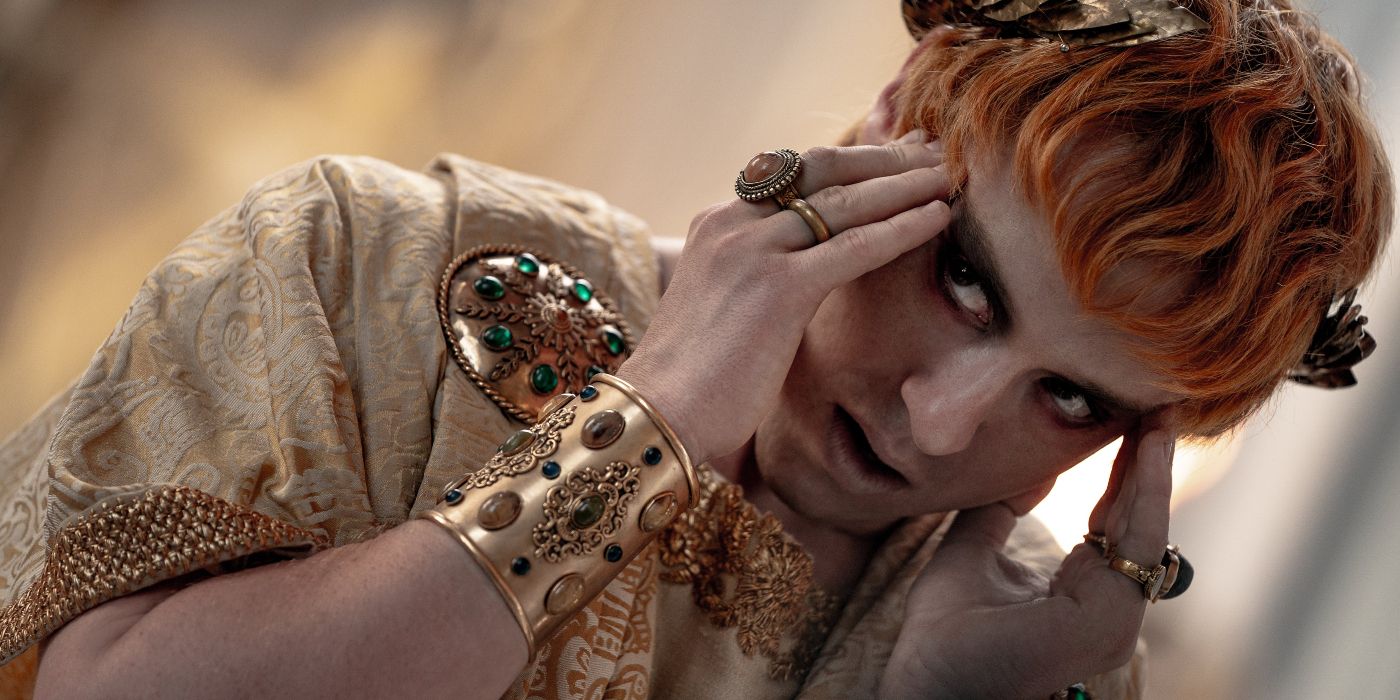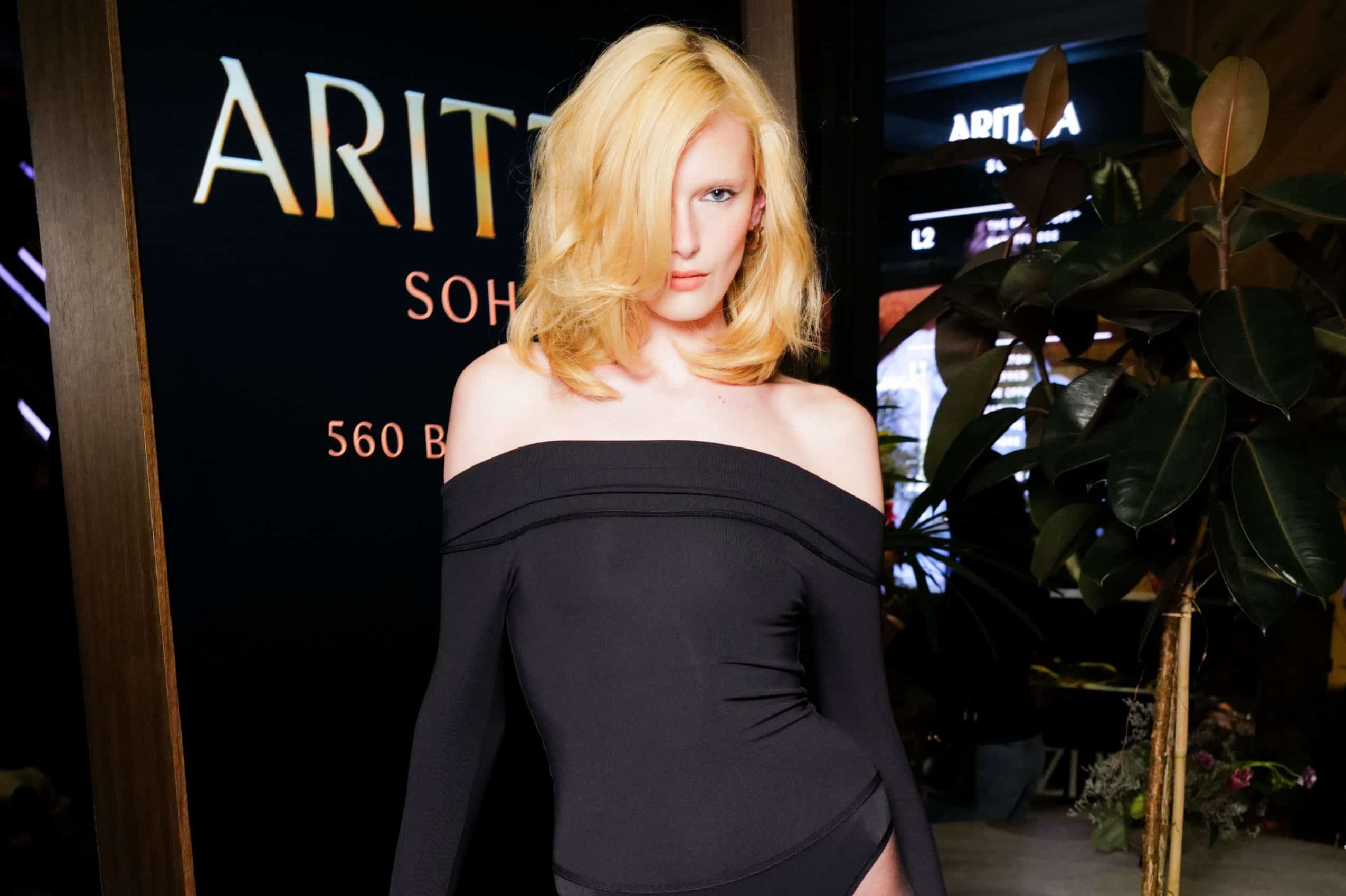Is Chicago ready to rival Hollywood? This question has been on my mind since I returned to the Windy City in August. There’s an undeniable energy here that I’ve never felt before—and I’m not alone. From the critical acclaim of Hulu’s “The Bear” to the U.S. debut of MUBI Fest, Chicago is buzzing with whispers about becoming the “third coast” for creative opportunities. After the 30th anniversary edition of the newly reimagined Black Harvest Film Festival, I believe it’s time to rethink the dominance of California and New York. The Midwest is making its voice heard.
Under the guidance of multidisciplinary artist, curator, and cultural advocate Jada-Amina, this year’s Black Harvest Film Festival was extraordinary. Launching during election week was a bold move for the revamped festival, but it paid off. Harold Dennis, a celebrated Chicago actor and BHFF Community Council Member, shared, “Opening night was like the old days—[people] filling up the lobby, the hallway, everywhere. The place was packed.” For many, the festival offered a much-needed escape, myself included.
The first film I saw after the election results was “Black Table,” a documentary by John Antonio James and Bill Mack. Sitting in that theater surrounded by Black filmmakers and moviegoers felt like coming home. Community and togetherness emerged as recurring themes among attendees. Writer-director Sydney Lolita Cusic, creator of “Away from Home,” captured it best: “Chicago has a spirit of home.” Standing atop the steps at the Gene Siskel Film Center, nestled into a theater chair, and gazing at the silver screen offered the audience a collective moment of solace.
Unlike many spaces in America, the Black Harvest Film Festival was built with Black people at its heart—and it shows. Through Jada-Amina’s vision, this year’s lineup presented an intricate tapestry of Black life, from afrofuturism and avant-garde experiments to quiet, intimate moments. It highlighted the intergenerational narratives that unite Black people worldwide. As Jada-Amina aptly puts it, “This ain’t nothing new. It’s the same old same. There’s epigenetic trauma, but also epigenetic joy.”
However, the festival’s success isn’t solely owed to Jada-Amina and their team. For many local filmmakers, Chicago’s cinematic potential has always been evident. During a conversation with Jada-Amina, they emphasized this point, asserting that Chicago isn’t the “third coast” at all—it’s the first. With its rich filmmaking history, it’s time the city received its due recognition.
Chicago’s unique sense of community draws creators from all walks of life. Unlike L.A., where superficiality often reigns, Chicago fosters authenticity. The city is home to some truly remarkable souls whose art reflects this genuine spirit. Many filmmakers who leave for other coasts inevitably return to Chicago, compelled by its pull. As Cusic explained, “In Chicago, there is an openness to grow, to learn, and to give people opportunities to showcase their talent.”
Recent developments at Cinespace have further cemented Chicago’s place on the map, creating countless jobs for locals. Meanwhile, organizations like Sisters in Cinema and OTV are bridging gaps in representation, ensuring that stories from marginalized perspectives are brought to light. Initiatives like Briana Clearly’s Filmmaker’s Mixtape Challenge have also spotlighted local talents, such as Brendan Smith and Kin Marie of Brain Studios and Ahlaam Yasmin, sharing their work with broader audiences.
Chicago’s creative scene is thriving, and the Black Harvest Film Festival exemplifies why the city deserves to be a filmmaking hub. Filmmaker Zach Smith of Brain Studios captures this sentiment, stating, “We’re very much a force to reckon with. There are so many people who are hungry and ready, but the resources are spread thin, and the funding even more so. In many ways, this isn’t new—especially for Black and queer folks—making something out of nothing. There’s a lot of beauty and transformation that emerges from that space.”
The festival’s growth this year underscores Chicago’s expanding influence within global film communities. With nearly 700 submissions and an impressive nine films featured on opening night—compared to the traditional four or five of previous years—it’s clear that Black Harvest is moving in the right direction. Chicago isn’t just ready to rival Hollywood—it’s carving out its own, unparalleled identity. Here’s to another 30 years of celebrating Black love and Black life on the silver screen.
You can view the original article HERE.

